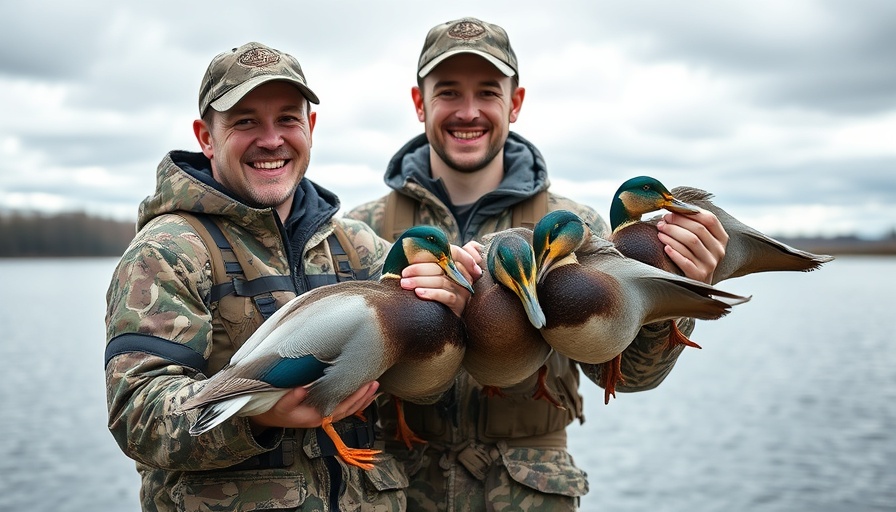
Could Dolphins Soon Have Legal Rights?
In the tranquil waters around Jeju Island, South Korea, an extraordinary campaign is in the works—one that aims to grant legal rights to the local bottlenose dolphin population. As we uncover the heart of this movement, we explore the plight of these intelligent mammals and the urgent necessity of safeguarding their future.
Diving Into the Challenges Dolphins Face
Meet Orae, a dolphin whose physical scars tell a story of survival amid perilous conditions. He belongs to a pod of about 130 Indo-Pacific bottlenose dolphins who navigate the increasingly hazardous waters surrounding Jeju. Entanglements in discarded fishing gear and accidents with boats have become all too common, leaving many dolphins injured or even dead. Thanks to local conservation efforts, groups like those led by Jeongjoon Lee, dubbed 'Dolphin Man', are working tirelessly to assist these majestic creatures. Lee's commitment to cutting away fishing lines from tangled dolphins showcases the compassion driving this initiative.
The Fight for Recognition: A Movement Gains Ground
Recognizing dolphins as “legal persons” could radically transform their protection. Miyeon Kim from the Marine Animal Research and Conservation (Marc) points out that granting such rights permits individuals or NGOs to take legal action on behalf of the dolphins, sending a resounding message to corporations and individuals who exploit marine life. This historic campaign is not just about the dolphins; it reflects a broader movement to establish rights for all nonhuman entities.
The Possible Benefits of Rights for Dolphins
So, what tangible benefits would legal recognition provide? Firstly, it could enhance conservation efforts and ensure more stringent regulations against fishing practices that harm marine wildlife. Secondly, this legal shift could facilitate educational initiatives about dolphin conservation, fostering a culture that respects and protects our ocean friends. Lastly, it might inspire similar movements globally, creating a network of advocates fighting for the rights of wildlife.
Challenges and Counterarguments
Despite the growing momentum, the proposal faces obstacles. Securing the approval of both the Korean government and the local community is crucial yet daunting. Skeptics raise concerns about the implications of granting personhood to nonhuman species, questioning where the line should be drawn. However, proponents argue that the well-being of dolphins and the health of marine ecosystems often hinge on such innovative legal approaches.
What This Means for Local Wildlife Enthusiasts
For residents of the high desert and wildlife enthusiasts alike, this story offers an intimate view of how grassroots movements can impact environmental conservation. The potential legal status for dolphins is a reminder of our responsibility to protect those who cannot advocate for themselves. It encourages each of us to reflect on our role in wildlife conservation and consider how we can support such vital initiatives.
Join the Movement
As this pivotal moment unfolds, there’s a call to action for everyone to get involved. Whether it’s by spreading awareness, participating in conservation efforts, or supporting organizations advocating for animals, your contribution can help shape a promising future for the dolphins of Jeju.
As we stand on the cusp of change, let’s embrace the opportunity to enhance the lives of these remarkable marine creatures and ensure their voices resonate not just in the seas, but in the halls of justice as well.
 Add Row
Add Row  Add
Add 




Write A Comment